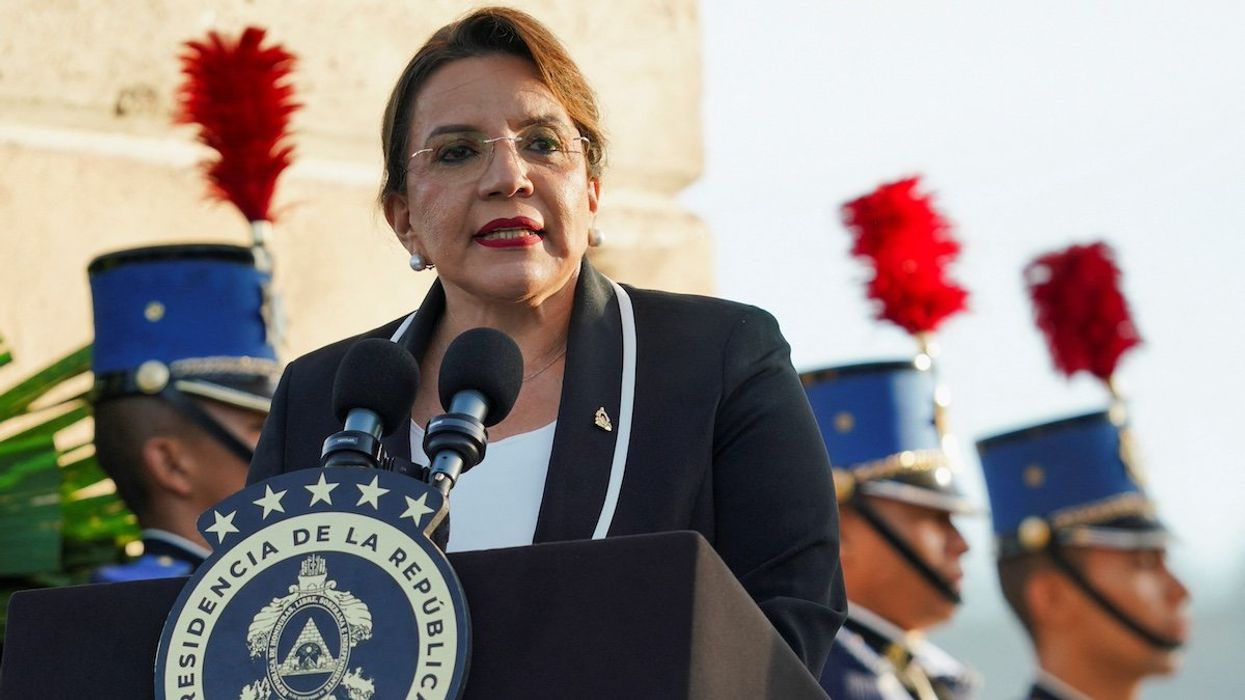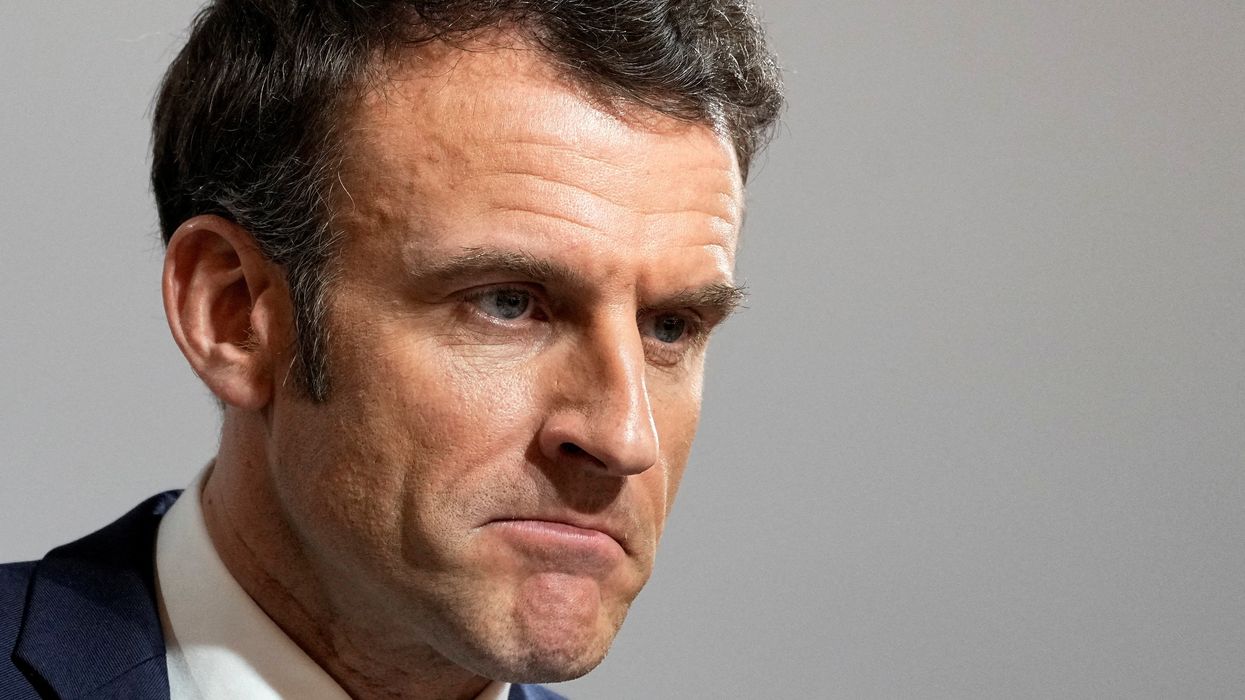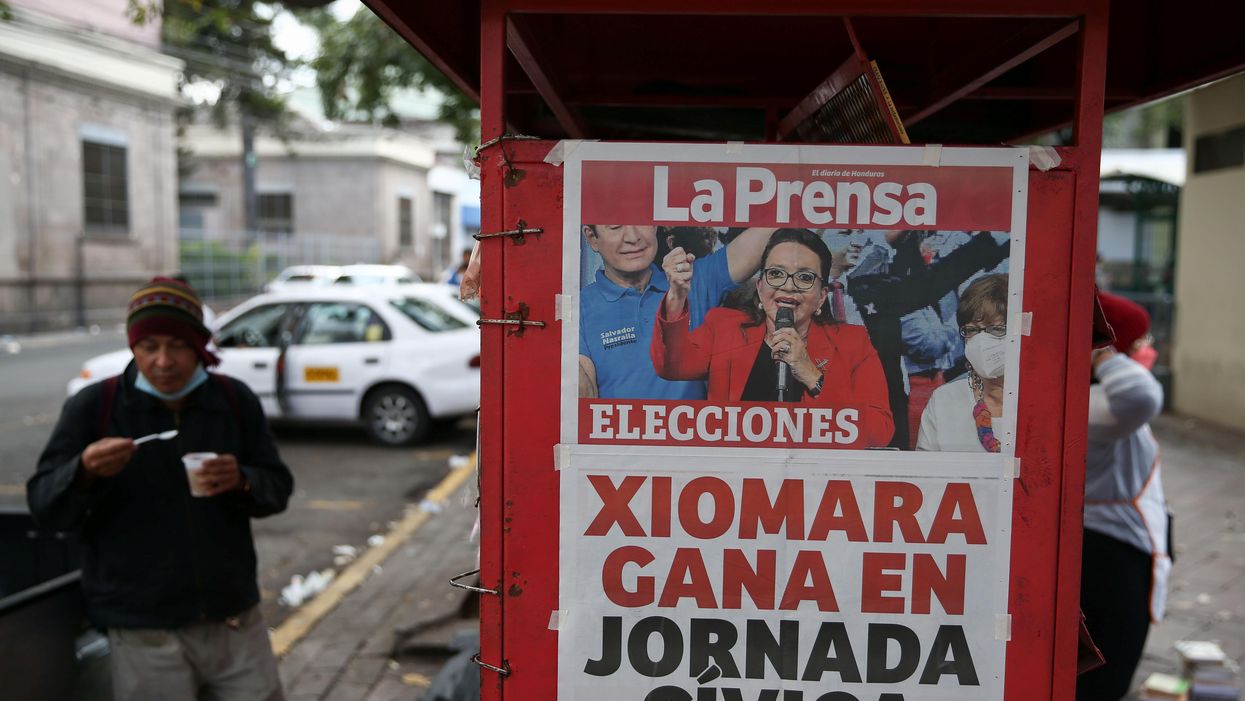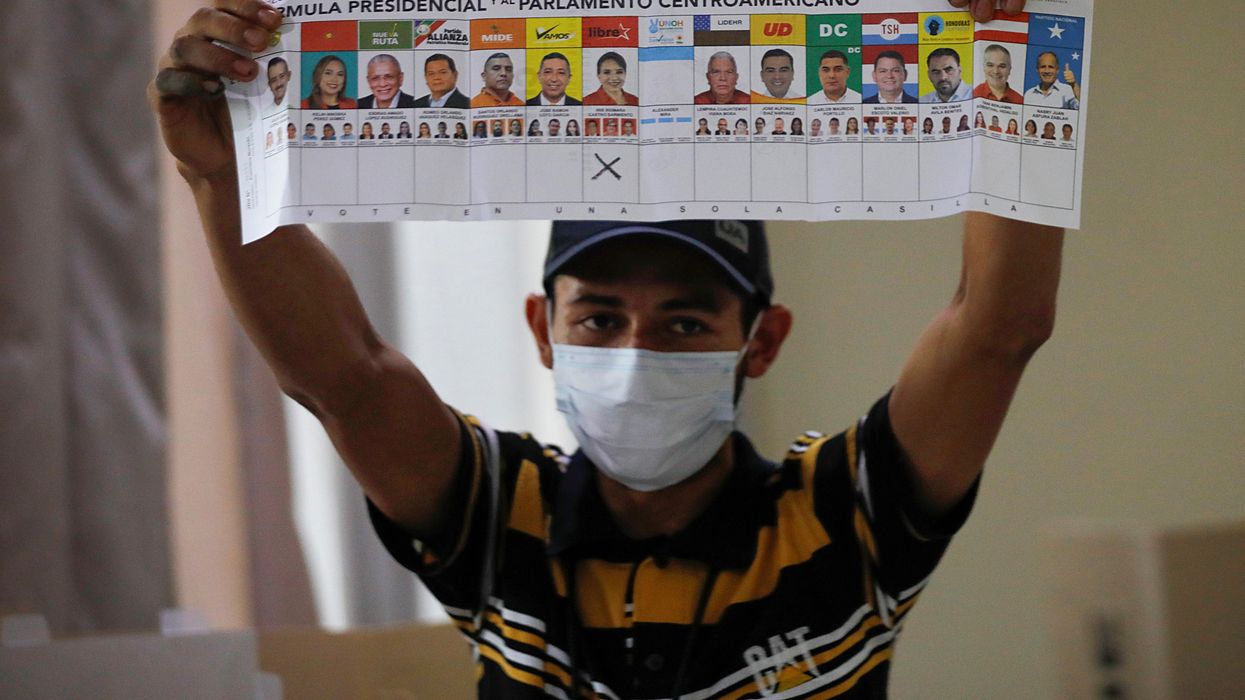What We're Watching
Honduras rocked by presidential drug scandal
Honduran President Xiomara Castro faced calls to resign on Wednesday after journalists released a video of her brother-in-law negotiating payoffs with convicted drug traffickers.
Sep 05, 2024




